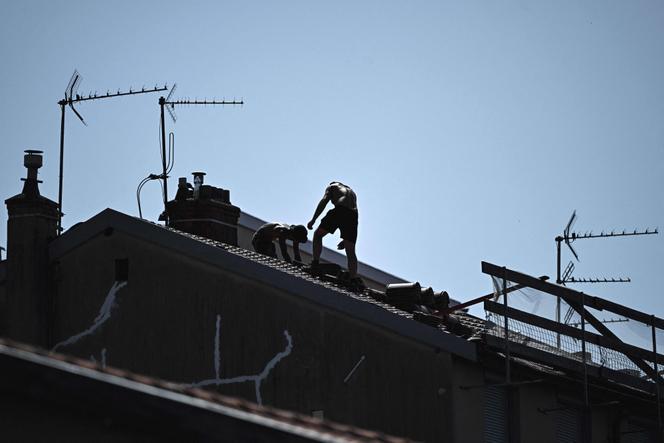


As almost all of France just endured a grueling heatwave, with temperatures exceeding 41°C, the High Council for Climate (HCC) released its seventh annual report on Thursday, July 3, calling for a "collective awakening to revive climate action." The independent body, tasked with assessing climate policies, laments that the pace of decarbonization "slowed considerably" in 2024, and highlights "worrying" environmental setbacks and "significant delays" in the framework for public action on climate. As a result, France is not on track to meet its climate targets.
In 2024, greenhouse gas emissions fell by just 1.8%, compared to a 6.8% decrease in 2023. The slowdown affected all sectors except energy production. Moreover, 70% of the reduction achieved in 2024 was due to circumstantial factors, such as a mild winter that limited heating use, a drop in cattle numbers due to difficult socio-economic conditions and heavy rainfall that boosted hydroelectric production. The share linked to structural reforms dropped substantially compared to 2023.
This "slowdown is incompatible" with achieving carbon neutrality by 2050, the 12 experts warn, as well as with the intermediate 2030 target, which requires a 55% reduction in emissions compared to 1990. "These poor results make it harder to comply with the third carbon budget" – that is, the emissions caps set for 2024-2028 – added agronomist Jean-François Soussana, president of the HCC. The second carbon budget (2019-2023) covers gross greenhouse gas emissions (not counting carbon sinks, such as forests). It also covers net emissions, but only thanks to the temporary storage of carbon in dead wood, "which is a handicap going forward, as it will decompose," warned Soussana.
You have 70.73% of this article left to read. The rest is for subscribers only.
